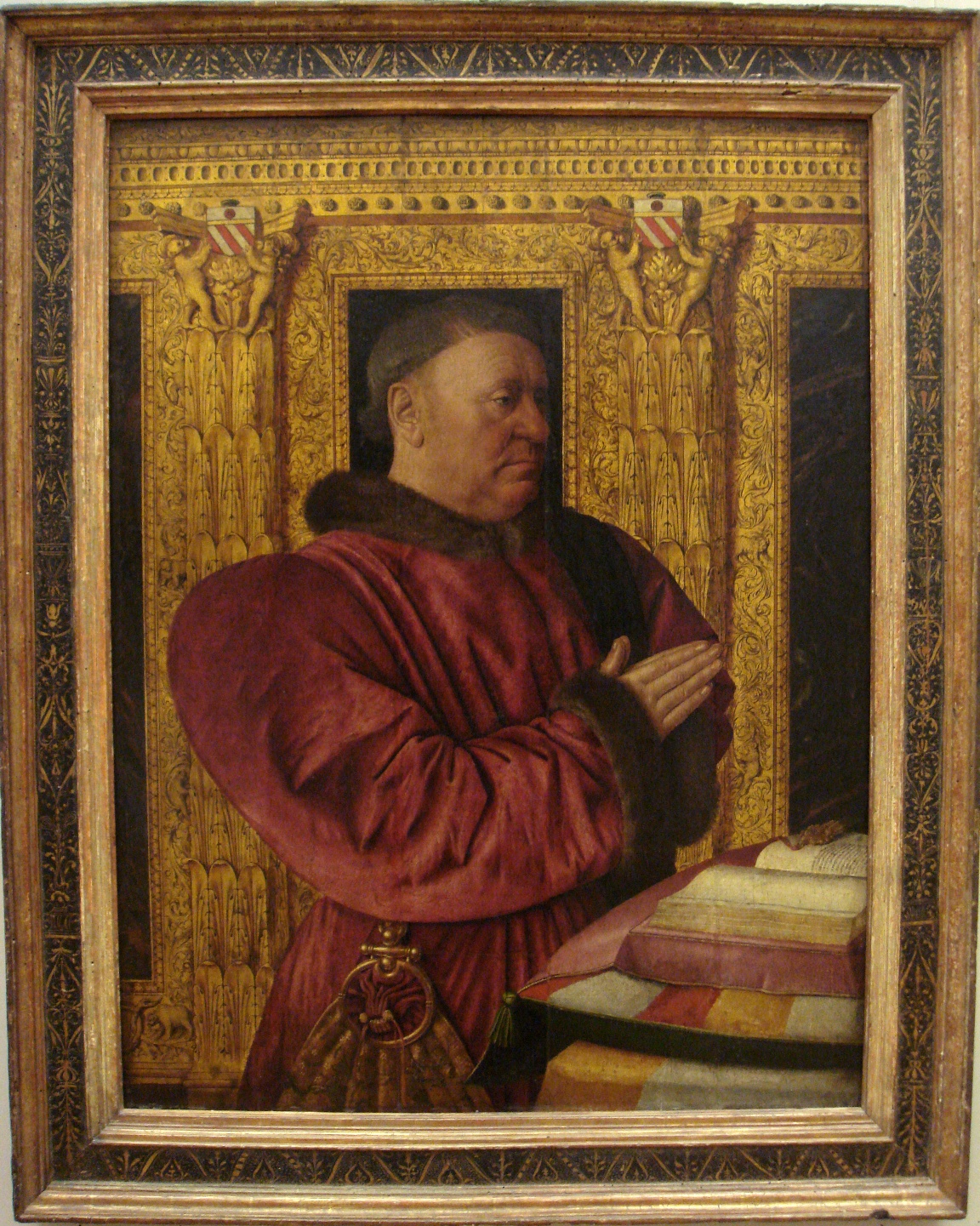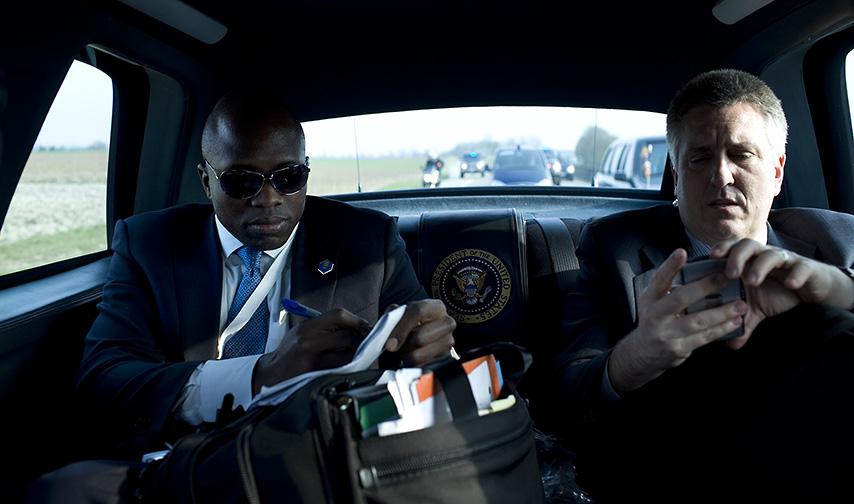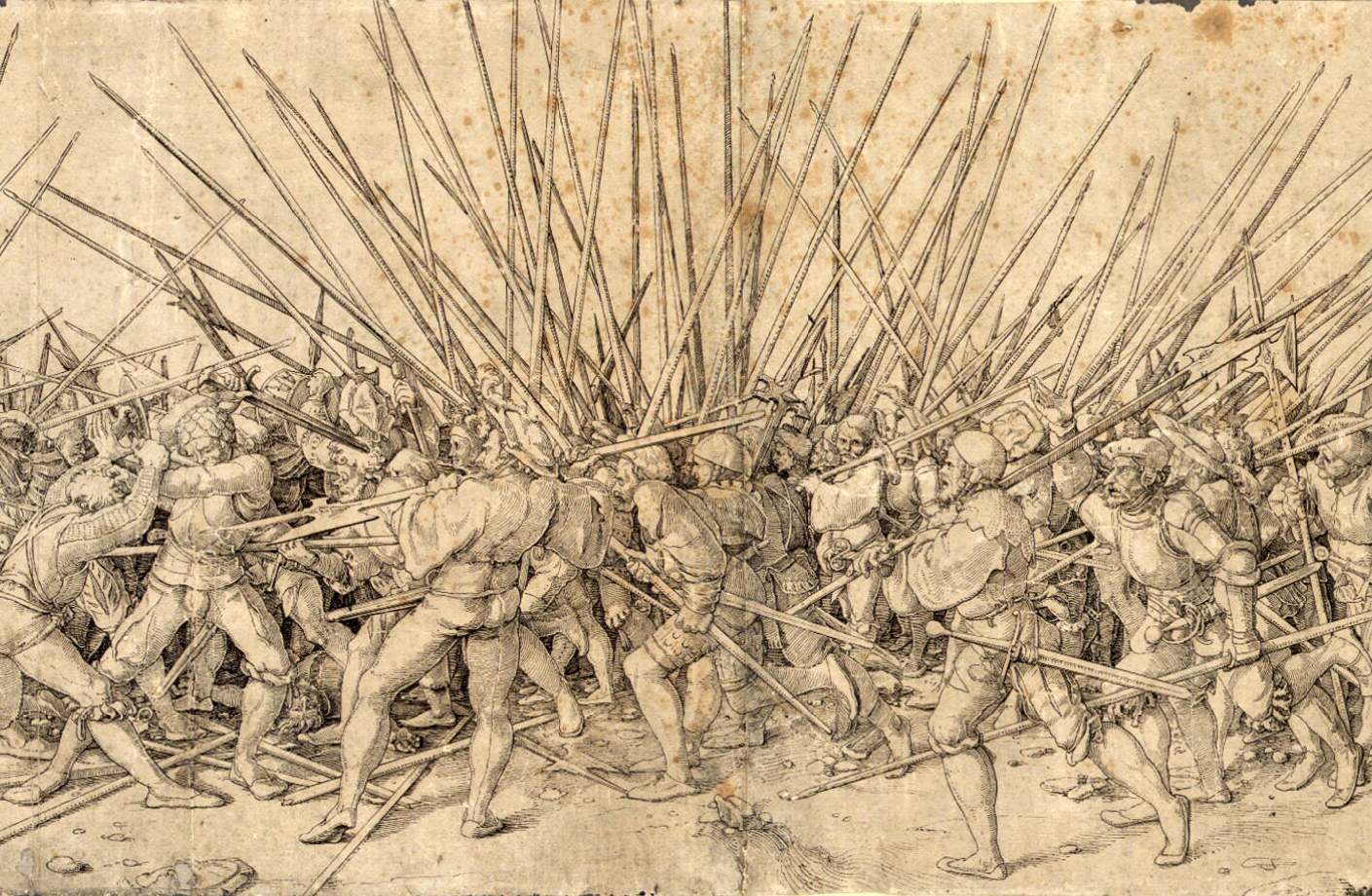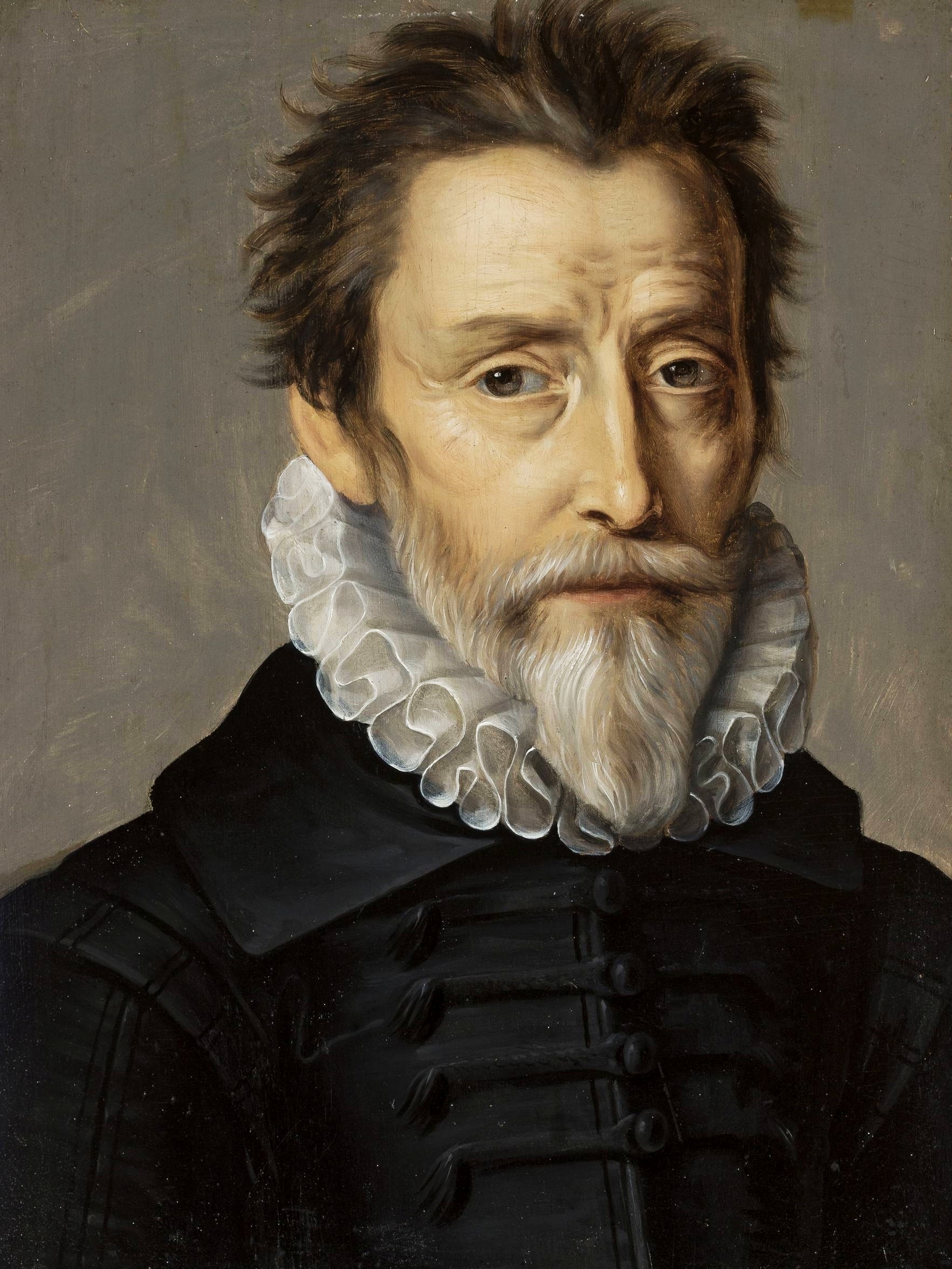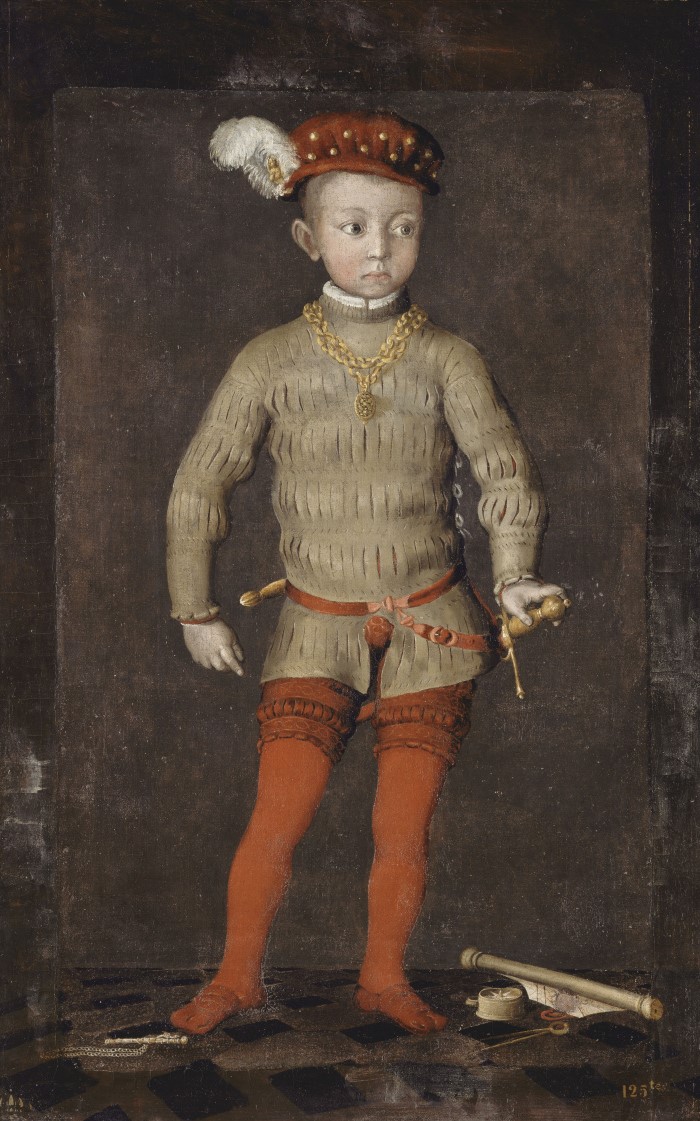|
Nicolas Brûlart De Sillery
Nicolas Brûlart, marquis de Sillery (1544 – 1 October 1624) was a French nobleman who served as Keeper of the Seals and Chancellor of France The Chancellor of France (), also known as the Grand Chancellor or Lord Chancellor, was the officer of state responsible for the judiciary of the Kingdom of France. The Chancellor was responsible for seeing that royal decrees were enrolled and .... Early life He was son of Pierre Brûlart, seigneur de Berny, and Marie Cauchon, dame de Sillery et de Puisieux. Personal life He married Claude Prudhomme on 24 November 1574 and had five daughters and two sons, including Pierre Brûlart, marquis de Sillery, who was Secretary of State for Foreign Affairs from 24 April 1617 to 11 March 1626. Sources * Bernard Barbiche & Ségolène Dainville-Barbiche, ''Sully'', Paris, 1997. * Gédéon Tallemant des Réaux, ''Historiettes'', Paris, 1960, édition révisée et annotée par Antoine Adam. * Pierre Chevallier, ''Louis XIII'', page 690. * Ph ... [...More Info...] [...Related Items...] OR: [Wikipedia] [Google] [Baidu] |
Chancellor Of France
The Chancellor of France (), also known as the Grand Chancellor or Lord Chancellor, was the officer of state responsible for the judiciary of the Kingdom of France. The Chancellor was responsible for seeing that royal decrees were enrolled and registered by the sundry parlements, provincial appellate courts. However, since the Chancellor was appointed for life, and might fall from favour, or be too ill to carry out his duties, his duties would occasionally fall to his deputy, the Keeper of the Seals of France (). The last Chancellor died in 1790, by which time the French Revolution was well underway, and the position was left vacant. Instead, in 1791, the Chancellor's portfolio and responsibilities were assigned to the Keeper of the Seals who was accordingly given the additional title of Minister of Justice under the Revolutionary government. After the Bourbon Restoration in 1814, the position of the Chancellor was divorced from its judicial responsibilities and re-establis ... [...More Info...] [...Related Items...] OR: [Wikipedia] [Google] [Baidu] |
Secretary Of State For Foreign Affairs (France)
The Secretary of State for Foreign Affairs was one of the four or five specialized secretaries of state in the Kingdom of France during the ''Ancien Régime''. The Secretary of State for Foreign Affairs became the Minister of Foreign Affairs in 1791. For a list of secretaries, see: Minister of Foreign Affairs. See also * Secretary of State (Ancien Régime) * Secretary of State for Protestant Affairs * Secretary of State for War (France) The Secretary of State for War (), later Secretary of State, Minister for War (), was one of the four or five specialized secretaries of state in France during the Ancien Régime. The position was responsible for the Army, for the Marshalcy and ... * Secretary of State of the Maison du Roi * Secretary of State of the Navy (France) Foreign {{France-hist-stub ... [...More Info...] [...Related Items...] OR: [Wikipedia] [Google] [Baidu] |
Chancellors Of France
Chancellor () is a title of various official positions in the governments of many countries. The original chancellors were the of Roman courts of justice—ushers, who sat at the (lattice work screens) of a basilica (court hall), which separated the judge and counsel from the audience. A chancellor's office is called a chancellery or chancery. The word is now used in the titles of many various officers in various settings (government, education, religion). Nowadays the term is most often used to describe: *The head of the government *A person in charge of foreign affairs *A person with duties related to justice *A person in charge of financial and economic issues *The head of a university Governmental positions Head of government Austria The Chancellor of Austria ('), is the head of the Government of Austria. Since 2025, the Chancellor of Austria is Christian Stocker. Germany The Chancellor of Germany (') is the head of government in Germany. In German politics, the ' is eq ... [...More Info...] [...Related Items...] OR: [Wikipedia] [Google] [Baidu] |
Foreign Ministers Of France
Foreign may refer to: Government * Foreign policy, how a country interacts with other countries * Ministry of Foreign Affairs, in many countries ** Foreign Office, a department of the UK government ** Foreign office and foreign minister * United States state law, a legal matter in another state Science and technology * Foreign accent syndrome, a side effect of severe brain injury * Foreign key, a constraint in a relational database Arts and entertainment * Foreign film or world cinema, films and film industries of non-English-speaking countries * Foreign music or world music * Foreign literature or world literature * ''Foreign Policy'', a magazine Music * "Foreign", a song by Jessica Mauboy from her 2010 album ''Get 'Em Girls'' * "Foreign" (Trey Songz song), 2014 * "Foreign", a song by Lil Pump from the album ''Lil Pump'' Other uses * Foreign corporation, a corporation that can do business outside its jurisdiction * Foreign language, a language not spoken by the people of a cer ... [...More Info...] [...Related Items...] OR: [Wikipedia] [Google] [Baidu] |
Secretaries Of State For War (France)
A secretary, administrative assistant, executive assistant, personal secretary, or other similar titles is an individual whose work consists of supporting management, including executives, using a variety of project management, program evaluation, communication, and/or organizational skills within the area of administration. There is a diverse array of work experiences attainable within the administrative support field, ranging between internship, entry-level, associate, junior, mid-senior, and senior level pay bands with positions in nearly every industry, especially among white-collar careers. The functions of a personal assistant may be entirely carried out to assist one other employee or may be for the benefit of more than one. In other situations, a secretary is an officer of a society or organization who deals with correspondence, admits new members, and organizes official meetings and events. But this role should not be confused with the role of an executive secret ... [...More Info...] [...Related Items...] OR: [Wikipedia] [Google] [Baidu] |
1624 Deaths
Events January–March * January 14 – After 90 years of Ottoman occupation, Baghdad is recaptured by the Safavid Empire. * January 22 – Korean General Yi Gwal leads an uprising of 12,000 soldiers against King Injo in what is called then the Joseon Kingdom, and occupies Hanseong. * January 24 – Afonso Mendes, appointed by Pope Gregory XV as Prelate of Ethiopia, arrives at Massawa from Goa. * February 7 – (January 28, 1623/4 old style) England first colonizes Saint Kitts and Nevis. * February 11 – Yi Gwal installs Prince Heungan, son of the late King Seongjo, to the Korean throne. * February 15 – Yi Gwal's Rebellion ends as the rebels murder Yi Gwal at the town of Mukbang-ri. * February 16 – Kara Mustafa Pasha becomes the Ottoman Governor of Egypt for the second time. * February 19 ** King Filipe III of Portugal issues a decree prohibiting the enslavement of Chinese people in Portugal or in its colonies. **The las ... [...More Info...] [...Related Items...] OR: [Wikipedia] [Google] [Baidu] |
1544 Births
__NOTOC__ Events January–March * January 4 – In India, Maldeo Rathore, King of Marwar (now part of the state of Rajasthan) is tricked by counterintelligence spread by Mughal Emperor and Afghan Shah Sher Shah Suri into departing from Jodhpur. The Battle of Sammel begins shortly afterward and is won by the Afghan and Mughal armies. * January 13 – At Västerås, the estates of Sweden swear loyalty to King Gustav Vasa and to his heirs, ending the traditional electoral monarchy in Sweden. Gustav subsequently signs an alliance with the Kingdom of France. * January 24 – During a solar eclipse visible over the Netherlands, Dutch mathematician and designer Gemma Frisius makes the first recorded use of a camera obscura and uses it to observe the event without directly looking at the Sun. Frisius writes about the event the next year and illustrates it in his book ''De Radio Astronomica et Geometrica'' (''Regarding rays of light in astronomy and geometry''). ... [...More Info...] [...Related Items...] OR: [Wikipedia] [Google] [Baidu] |
Guillaume Du Vair
Guillaume du Vair (7 March 1556 – 3 August 1621) was a French bishop, author, lawyer, Magistrate of the Parliament and Keeper of the Seals of France under French king Louis XIII. Life Du Vair was born in Paris. After taking holy orders, he exercised only legal functions for most of his career. However, from 1617 until his death he was Bishop of Lisieux. His reputation is that of a lawyer, a statesman and a man of letters. In 1584, he became counsellor of the ''parlement'' of Paris, and as deputy for Paris to the Estates of the League he pronounced his most famous politico-legal discourse, an argument nominally for the Salic law, but in reality directed against the alienation of the crown of France to the Spanish infanta, which was advocated by the extreme Leaguers. King Henry IV of France acknowledged his services by entrusting him with a special commission as magistrate at Marseille, and made him Master of Requests. In 1595, Vair published his treatise ''De l'éloquence fra ... [...More Info...] [...Related Items...] OR: [Wikipedia] [Google] [Baidu] |
Secretary Of State For War (France)
The Secretary of State for War (), later Secretary of State, Minister for War (), was one of the four or five specialized secretaries of state in France during the Ancien Régime. The position was responsible for the Army, for the Marshalcy and for overseeing French border provinces. In 1791, during the French Revolution, the Secretary of State for War became titled Minister of War. List of secretaries Notes References See also * Ancien Régime in France * Early Modern France The Kingdom of France in the early modern period, from the French Renaissance, Renaissance () to the French Revolution, Revolution (1789–1804), was a monarchy ruled by the House of Bourbon (a Capetian dynasty, Capetian cadet branch). This corr ... {{DEFAULTSORT:Secretary Of State For War (France) War ... [...More Info...] [...Related Items...] OR: [Wikipedia] [Google] [Baidu] |
Henry IV Of France
Henry IV (; 13 December 1553 – 14 May 1610), also known by the epithets Good King Henry (''le Bon Roi Henri'') or Henry the Great (''Henri le Grand''), was King of Navarre (as Henry III) from 1572 and King of France from 1589 to 1610. He was the first monarch of France from the House of Bourbon, a cadet branch of the Capetian dynasty. He pragmatically balanced the interests of the Catholic and Protestant parties in France, as well as among the European states. He was assassinated in Paris in 1610 by a Catholic zealot, and was succeeded by his son Louis XIII. Henry was baptised a Catholic but raised as a Huguenot in the Protestant faith by his mother, Queen Jeanne III of Navarre. He inherited the throne of Navarre in 1572 on his mother's death. As a Huguenot, Henry was involved in the French Wars of Religion, barely escaping assassination in the St. Bartholomew's Day massacre. He later led Protestant forces against the French royal army. Henry inherited the thro ... [...More Info...] [...Related Items...] OR: [Wikipedia] [Google] [Baidu] |
Nicolas De Neufville De Villeroy
Nicolas de Neufville, 1st Duke of Villeroy (14 October 1598 – 28 November 1685) was a French nobleman and marshal. He was marquis then (from 1651) 1st duke of Villeroy and (from 1663) peer of France, marquis d'Alincourt and lord of Magny, and acted as governor of the young Louis XIV. His son François succeeded him as duke. He was the lover of Catherine-Charlotte de Gramont. Life He was the son of Charles de Neufville (1566–1642), Marquis of Villeroy and of Alincourt, and his second wife, Jacqueline de Harlay. His grandfather Nicolas de Neufville served as a secretary of state under Charles IX, Henry III, Henry IV, and Louis XIII. Nicolas de Neufville studied at the court of Louis XIII as an enfant d’honneur. In 1615, he was made governor of the Lyonnais under his father's supervision – an effective governor, he served in that post until his father's death in 1642. He served in Italy with Lesdiguières and was promoted to marshal of France on 20 October 1646 tha ... [...More Info...] [...Related Items...] OR: [Wikipedia] [Google] [Baidu] |
Pierre Brûlart, Marquis De Sillery
Pierre Brûlart, Marquis de Sillery, Viscount Puisieux, Baron Grand Pressigny (1583 – 22 April 1640) served Louis XIII as joint Minister of Foreign Affairs and War from 1617 to 1626. Life Pierre Brûlart was born in 1583, son of Nicolas Brûlart, marquis de Sillery, 1544–1624 and Claude Prudhomme. His father was combined Secretary of State for War & Foreign Affairs from 1606 to 1616 and Chancellor of France 1607 to 1624. In 1613, his first wife, Magdalena de Neufville, died childless; his second marriage was to Charlotte d'Estampes (ca. 1597–1677) in 1615. They had seven children who survived to adulthood; Charlotte 1619–1697, Roger Louis 1619–1691, Nicolas (died after 1677), Claude, Marie Eléonor (died 1687), Françoise and Eléonor Adam (died 1699). As was then common, only Charlotte and Roger Louis married and the other five entered religious orders. Marie Eléonor became Abbess of the Benedictine convent founded at Avenay by Bertha of Val d'Or at the end of the ... [...More Info...] [...Related Items...] OR: [Wikipedia] [Google] [Baidu] |
